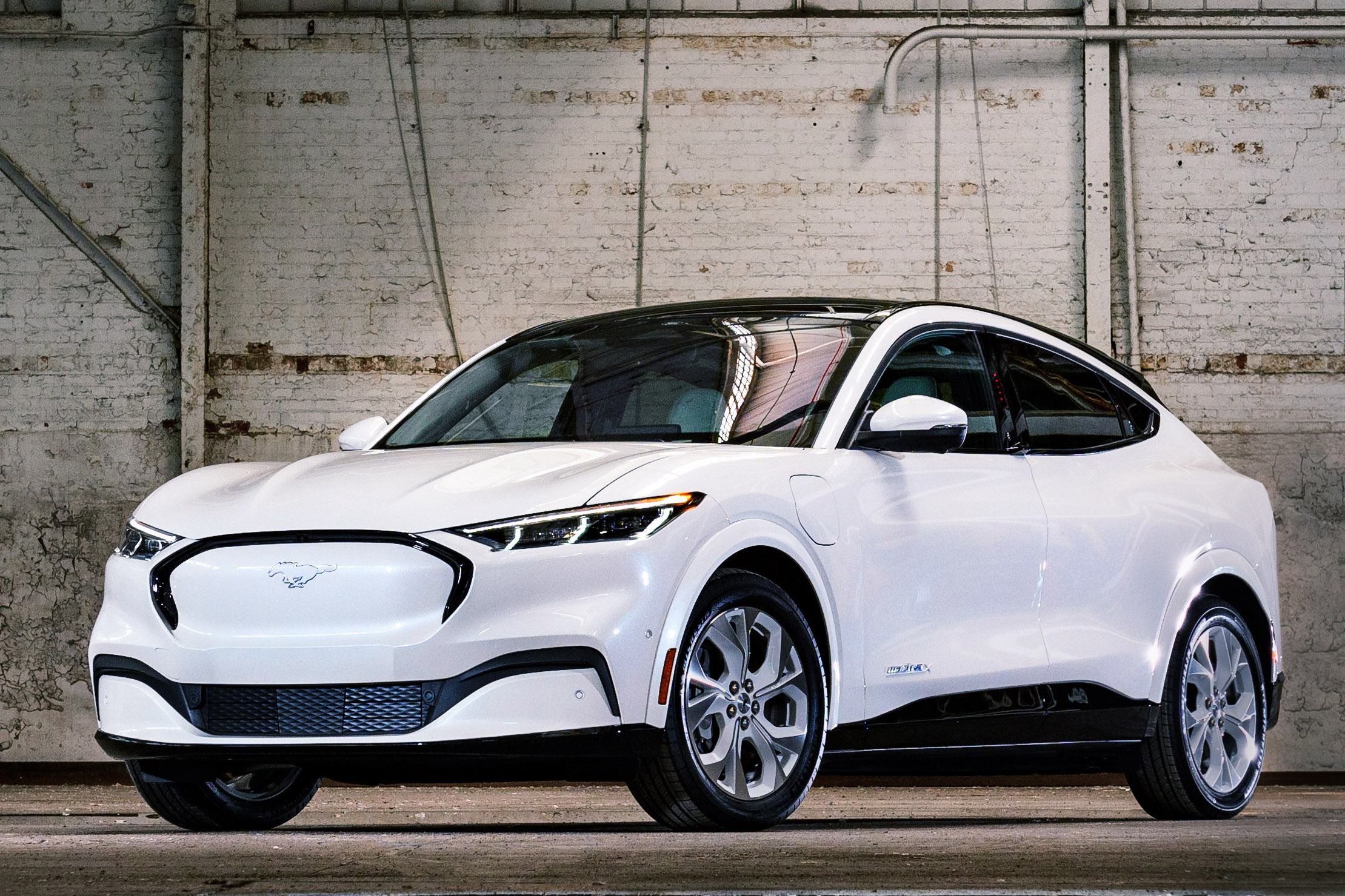- Think eggs are expensive?
- Expect shortages and hefty price hikes under 25% tariff on vehicles and parts made outside of the U.S.

The Trump Administration has just announced a 25% tariff on all automobiles – and auto parts – not made in the U.S. The import tax – is effective April 2 and is powertrain neutral.
EVs, however, are typically more expensive to build than internal combustion vehicles, so they are priced higher in the market. A tariff could result in an even wider price gap, putting them further out of the reach of many consumers.
The administration clams the tariffs will benefit the U.S. auto industry by increasing domestic production and jobs.
Industry and economic analysts largely agree, though, that the move is likely, at least in the short term, to curtail vehicle production in the U.S. because of the increased cost of critical parts made outside the U.S.
Car costs also will rise because almost half of all new passenger vehicles are imports, incluing a number of domestic models – including half a dozen EVs – that are made in Mexico and Canada.
Mexico is the largest foreign supplier of cars and parts to the U.S., and Canada is fourth largest.
Who Gets Hit?
Because the tariff order specifies that cars and parts have to be made in the U.S. to avoid the tariff, it will affect Mexican- and Canadian-made vehicles from Ford, General Motors and Stellantis as well as those from European and Asian brands. No import brand has enough U.S. production capacity to build all of the vehicles it sells here.
And just as a number of Asian and European carmakers have established assembly plant in the U.S., domestic brands have set up plants in Canada and Mexico. Ford’s Mustang Mach-E, Chevrolet’s Blazer and Equinox EVs, the Cadillac Optiq and the Jeep Wagoneer S all are electric vehicles made in Mexico, while the Dodge Charger Daytona electric coupe and Chrysler Pacifica plug-in hybrid minivan are made in Canada. Ford also makes its Maverick compact pickup, including the gas-electric hybrid version, iin Mexico.
Even domestic brands not built in Canada or Mexico could be hurt because the tariff also will impact the cost of vehicle parts made outside the U.S. That’s an especially hard hit for domestic automakers who have long-established parts plants in those countries, build under free trade agreements that had been in force among the three nations for decades.
Ugly Price Picture
While U.S.- built vehicles will cost less than imports under the tariffs – unless import brands decide to eat the fee – that doesn’t necessarily mea retail price differences will be all that great. The usual trend for companies in protected industrys when competitors are hit by tariffs is to raise prices as well in order to increase profits.
The average price of a new car in the U.S. in 2023 was just under $50,000 while the average price of an EV was around $55,000. The difference between car costs and selling prices for new models is around 7%, but many EVs are sold at or below cost.
Covering the impact of a 25% tariff could result in car costs increasing $9,000 or more on the average ICE and $14,000 and up on the typical EV.
Tariff-induced shortages also would likely lead to dealerships raising prices even more on some models to take advantage of the increased demand for those vehicles that are available.
Retail price hikes for new cars typically result in increased prices for used vehicles as well.
Imports Are Big Share of Market
About 8 million cars were imported in the U.S. last year – representing almost half of all new car sales – at a value of about $240 billion.
Mexico is the top foreign supplier of cars to the US, followed by South Korea, Japan, Canada and Germany.
It is possible, of course, for the tariffs to be reduced or delayed if the administration exacts desired concessions from Mexico and Canada – Trump has announced, changed, delayed and modified other tariffs in the past.
So, stay tuned. It is going to be a bumpy ride.
